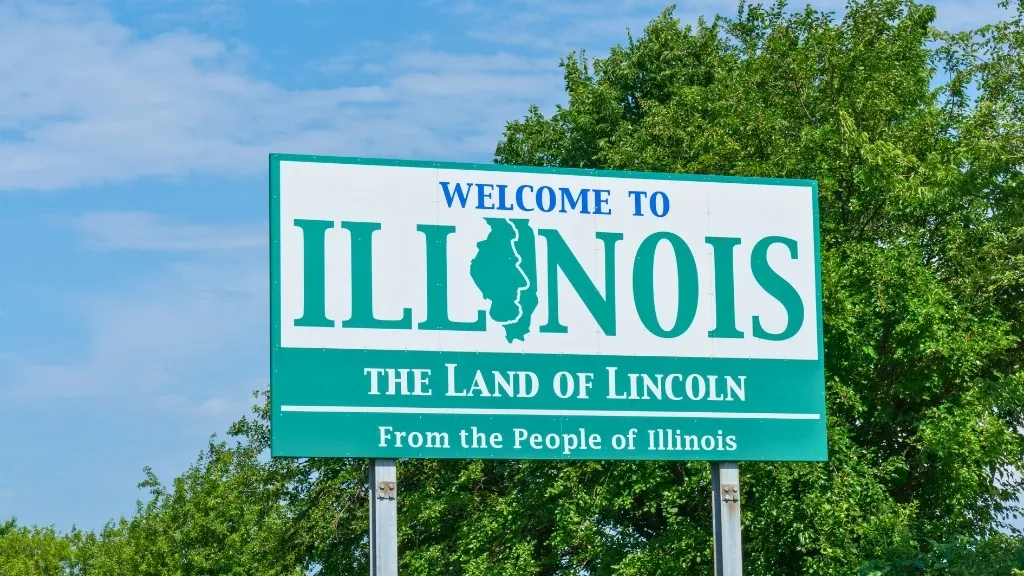
Illinois’ gaming industry experienced steady growth in FY 2024, with state-designated tax revenues increasing by 4.8 percent over the previous year, reaching $2.088 billion. This rise was primarily driven by video gaming expansion, strong lottery sales, and the continued growth of sports wagering, according to the Commission on Government Forecasting and Accountability’s annual report. While traditional gaming sectors like horse racing have seen declines, newer formats are rapidly taking their place, reshaping Illinois’ gaming landscape for years to come.
The state’s largest contributor to gaming-related tax revenue remained the lottery, which generated $886 million in FY 2024, a 6.9 percent increase from the previous fiscal year. However, video gaming is quickly closing the gap, contributing $848 million to state coffers, a $35 million rise over FY 2023. This growth in video gaming stems from expanded terminal limits across the state, with more than 48,000 video gaming terminals (VTG) now operational.
Sports betting, which has gained considerable traction since its introduction in 2019, contributed $190 million in taxes and licensing fees in FY 2024, further cementing its position as a growing revenue stream. In just its fourth full year of operations, sports wagering now accounts for 9.1 percent of all state-designated gaming tax revenues.
The casino industry in Illinois saw adjusted gross receipts (AGR) increase by 13.2 percent in FY 2024, thanks to the opening of two new casinos. However, the impact on state revenues remained muted, with tax contributions from casinos to the Education Assistance Fund remaining nearly flat at $158 million. A reduced tax structure and higher administrative costs have been cited as factors behind this stagnation, despite the expansion efforts.
Rivers Casino in Des Plaines continues to dominate the state’s casino scene, generating $527 million in AGR, a figure that dwarfs other Illinois casinos, including Elgin’s Grand Victoria, which earned $146 million.
VGT’s steady growth is a testament to the sector’s growing role in the state’s gaming ecosystem. Net terminal income from video gaming rose to $2.933 billion in FY 2024, up from $2.821 billion in the previous year. This growth, coupled with the current 34 percent tax rate, provided state and local governments with nearly $1 billion in tax revenue. The upcoming increase in the tax rate to 35 percent, set for FY 2025, is expected to boost these figures further, according to the Commission on Government Forecasting and Accountability’s annual report.
While most gaming sectors flourished in FY 2024, horse racing continued its decline, contributing only $6 million to state revenue, representing just 0.3 percent of the total gaming revenue. The racing handle dropped by 4.6 percent to $490 million, marking the lowest figure in over four decades. The industry is hopeful that the authorisation of racinos—casinos at racetracks—will provide much-needed support, although progress on these developments remains slow.
The gaming landscape in Illinois is bracing for further change with the implementation of P.A. 103-0592 in FY 2025, which will raise tax rates on video gaming and sports wagering. This is expected to bring additional tax revenue to the state, provided the sector can absorb the tax increase. Meanwhile, the construction of new casinos and racinos continues, with operators and state officials watching closely to see how these developments affect the industry.
Illinois’ continued expansion of gaming options, from video gaming to sports wagering and new casino projects, shows the state’s commitment to driving revenue through the industry.